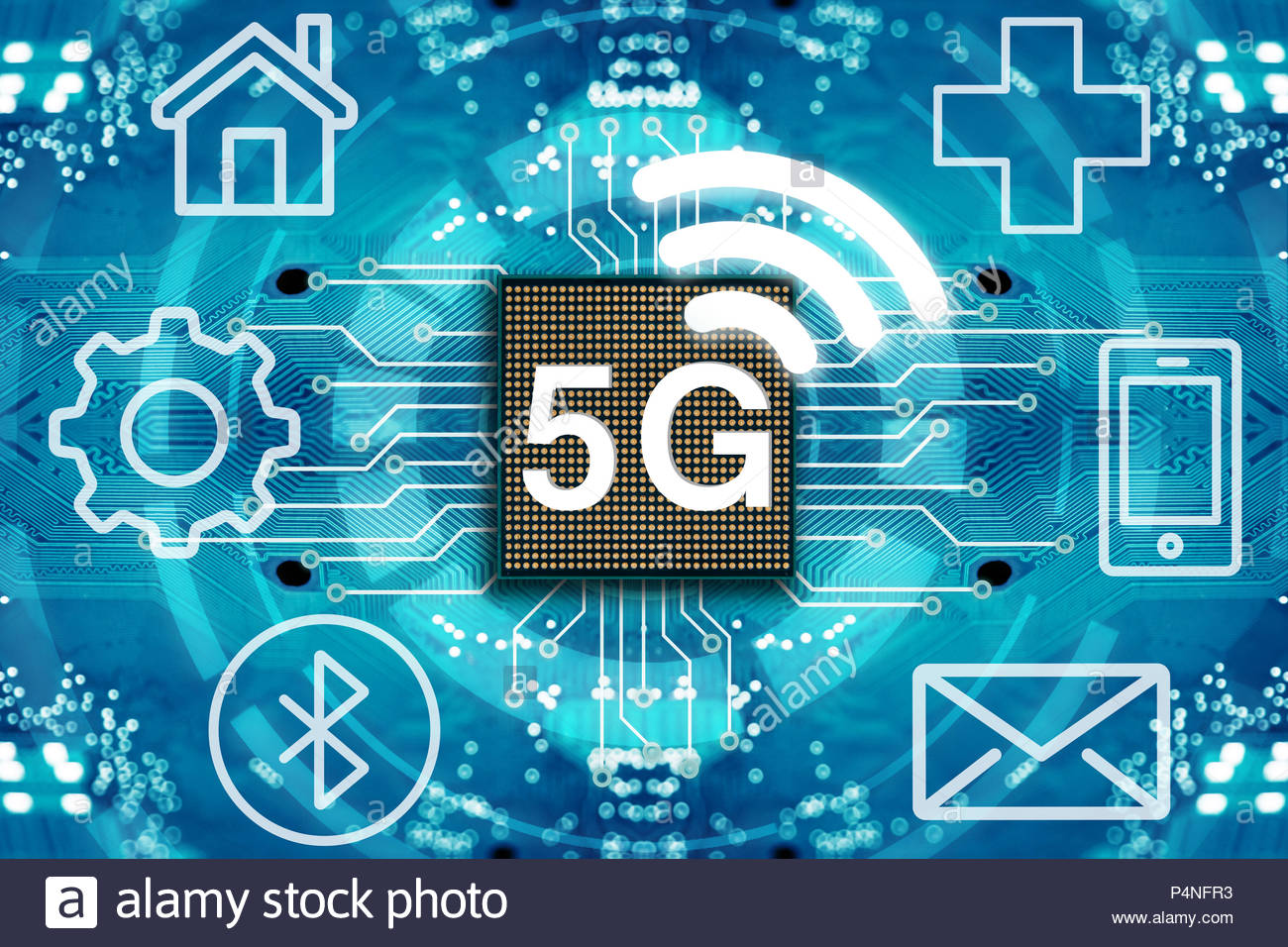Ericsson, a multinational telecommunications company says that 5G will soon become the fastest adopted mobile generation in history.
Ericsson made this known in a statement on Wednesday in Lagos, noting that subscriptions were increasing at a rate of about a million per day.
According to the report, China, North America and the Gulf Cooperation Council markets are leading the way on subscriber numbers, while Europe is off to a slow start.
It said that 5G subscriptions with a 5G-capable device grew by 70 million during the first quarter of 2021 and is forecast to reach 580 million by the end of 2021.
The forecast, which features in the 20th edition of the Ericsson Mobility Report, enhances the expectation that 5G would become the fastest adopted mobile generation.
It said that about 3.5 billion 5G subscriptions and 60 per cent 5G population coverage, had been estimated by the end of 2026.
The report, however, said the pace of adoption varies widely by region, adding that Europe was off to a slower start and has continued to fall far behind China, the U.S., Korea, Japan and the Gulf Cooperation Council (GCC) markets in the pace of 5G deployments.
According to the report, 5G is expected to surpass a billion subscriptions two years ahead of the 4G Long Term Evolution (LTE) timeline for the same milestone.
The report said that key factors behind the growth included China’s earlier commitment to 5G, availability and increasing affordability of commercial 5G devices.
It said that more than 300 5G smartphone models had already been announced or inaugurated commercially.
“This commercial 5G momentum is expected to continue in coming years, spurred by the enhanced role of connectivity as a key component of post-COVID-19 economic recovery.
“North East Asia is expected to account for the largest share of 5G subscriptions by 2026, with an estimated 1.4 billion 5G subscriptions.
“While North American and GCC markets are expected to account for the highest 5G subscription penetration, with 5G mobile subscriptions comprising 84 per cent and 73 per cent of all regional mobile subscriptions respectively,’’ it said.
Fredrik Jejdling, the Executive Vice President and Head of Networks, Ericsson said “This landmark twentieth edition of the Ericsson Mobility Report shows that we are in the next phase of 5G.
“With accelerating roll-outs and coverage expansion in pioneer markets such as China, the U.S. and South Korea.’’
Jejdling said it was now time for advanced use cases to start materialising and deliver on the promise of 5G.
He said businesses and societies were also preparing for a post-pandemic world, with 5G-powered digitisation playing a critical role.
The report also highlights that Smartphones and video driving mobile data traffic continues to grow year-on-year.
It said one exabyte (EB) comprises 1,000,000,000 (1 billion) gigabytes (GB).
The report added that global mobile data traffic – excluding traffic generated by fixed wireless access (FWA) – exceeded 49 EB per month at the end of 2020, and was projected to grow by a factor of close to five to reach 237 EB per month in 2026.
The report said that smartphones, which currently carried 95 per cent of this traffic, were also consuming more data than ever.
It said that globally, the average usage-per-smartphone now exceeded 10 GB per month and was forecast to reach 35 GB per month by the end of 2026.
According to the report, the COVID-19 pandemic is accelerating digitisation and increasing the importance and the need for reliable, high-speed mobile broadband connectivity.
It said that latest report showed that almost nine out of ten communications service providers (CSPs) that had inaugurated 5G, and had also fixed wireless access (FWA) offering (4G or 5G), even in markets with high fiber penetration.
According to the report, it is needed to accommodate increasing FWA traffic, which it forecasts to grow by a factor of seven to reach 64 EB in 2026. (NAN)

